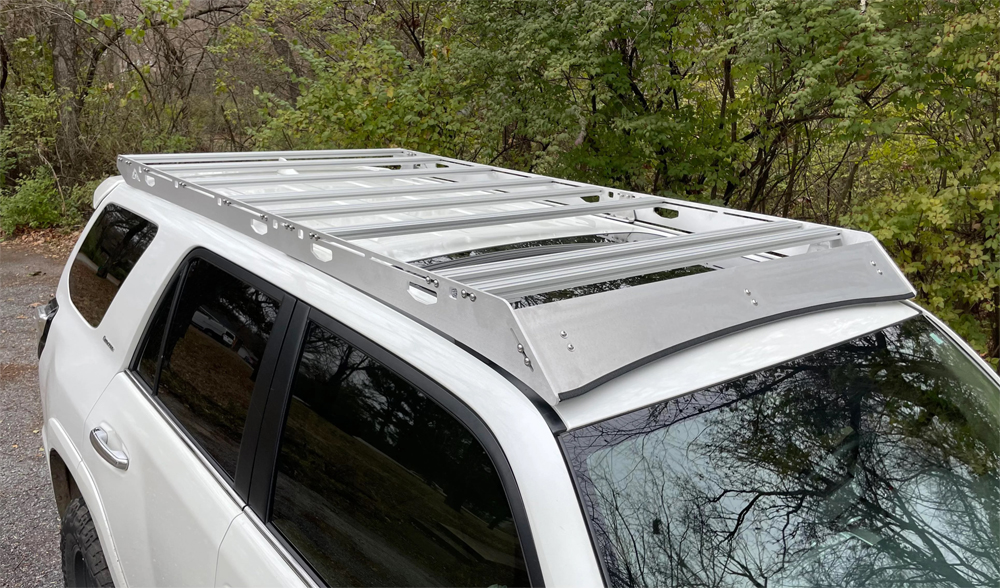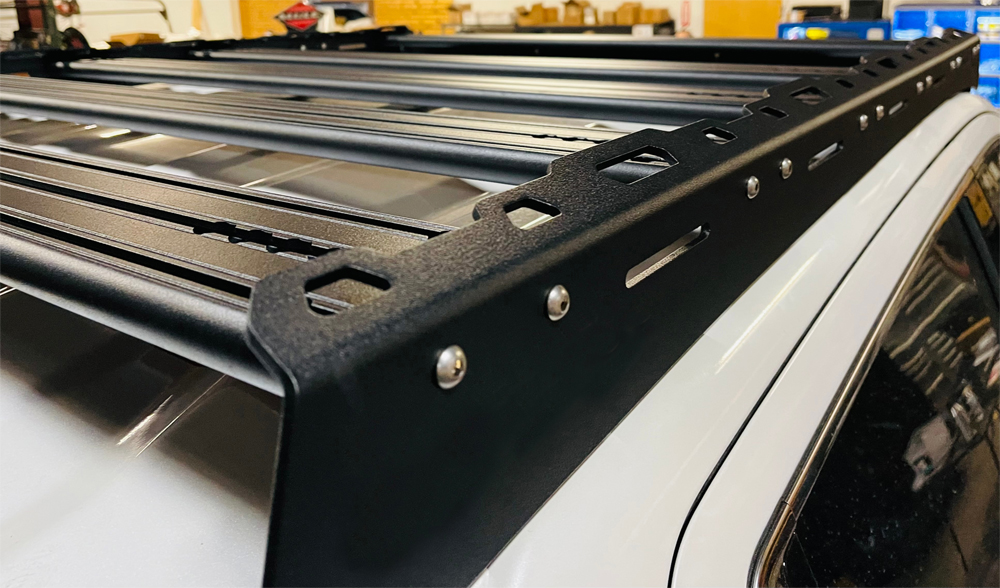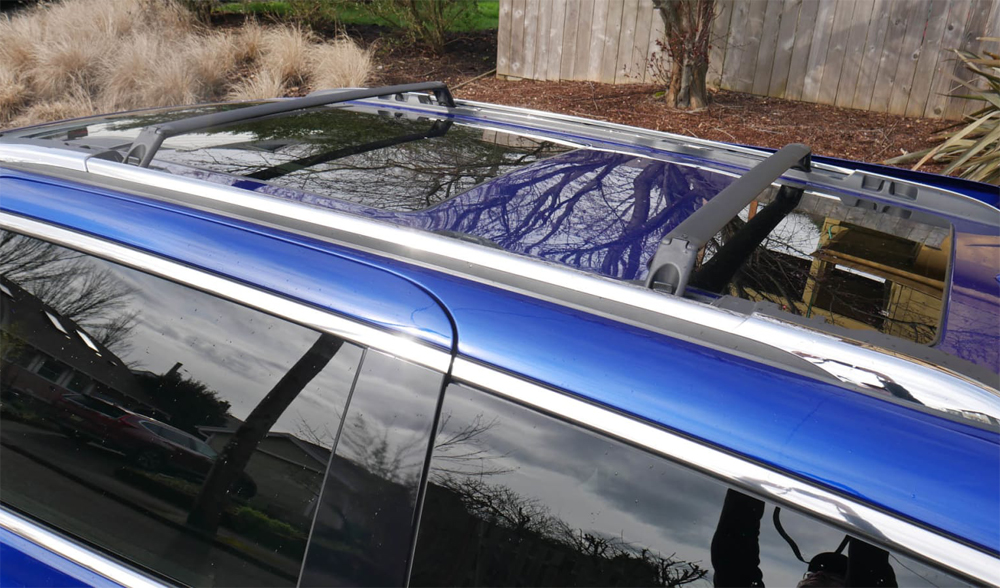When you arrive at a home improvement retail store, you’ll notice numerous commercial work vehicles equipped with roof bars in the parking lot. There are various types of vehicles, each with a different bar configuration. Have you ever pondered over which bar is suitable for your commercial upfit? Or what factors to take into account when searching for one?
Let’s explore the different categories to consider when shopping for a bar. These categories include material, construction, weight capacity, accessibility, durability, price point, and maintenance. When conducting thorough research to find the right bar, one would assume that all categories are given due attention. However, in a recent conversation with a commercial vehicle upfitter, I was surprised to learn that maintenance is often overlooked despite the wide range of options available to end-users.
Maintenance
Now, let’s delve into the topic of maintenance. Maintenance refers to the act of preserving and ensuring the optimal functioning of equipment. Proper maintenance enhances the longevity and efficiency of the equipment. When it comes to a commercial roof bar, preserving its condition is essential for maintaining its value and extending its overall lifespan. As carpenters, plumbers, contractors, electricians, and other professionals embark on their job sites, their commercial vehicles and the attached roof bars become an extension of their office. Therefore, considering the maintenance of these components is crucial for their ongoing performance.
Aluminum Roof Bar or Steel Roof Bar
When selecting a roof bar for your commercial vehicle, it’s important to consider the material it is made of. High quality materials mean high durability and high safety. The two most common options available in the market are aluminum roof bar and steel roof bars.
An aluminum roof bar offers the advantage of being lightweight, while a steel roof bar is known for its strength and durability. When evaluating an aluminum roof bar, it is crucial to assess the required strength based on your specific needs. Unlike steel, aluminum is not susceptible to rust due to its lack of iron content. However, if used outdoors, an aluminum roof bar should undergo anodizing to enhance their resistance to environmental factors. It’s important to note that an aluminum roof bar tends to be more expensive and require regular cleaning to prevent dirt buildup.
Steel roof bars are renowned for their strength, durability, and reliability. Although steel is susceptible to rust due to its iron content, many steel roof bars available on the market are treated with additives that provide protection against rust and various environmental conditions. These protective measures ensure that users can enjoy the benefits of a robust bar with an extended lifespan.

Anodizing Aluminum
Anodizing aluminum involves applying a protective oxide layer to the surface through an electrolytic process where the metal acts as the anode.
Raw aluminum surfaces are susceptible to oxidation and will lose their polished appearance when exposed to the external environment. Oxides will develop on the surface, causing the finish to become dull. Regular cleaning and polishing are necessary to maintain a lustrous appearance on aluminum finishes.
Anodizing aluminum serves to enhance corrosion resistance and promote better adhesion, but it does not contribute to increased strength as the anodized layer is insulative in nature.
Galvanizing Steel
Galvanizing is an impressive technique used to coat steel. It involves immersing fabricated steel or iron in molten zinc, resulting in a bonded alloy coating. Galvanized steel roof bars offer significant advantages. They are often more cost-effective than other protective coatings at the time of purchase. Even if galvanizing initially incurs higher costs, the long-term durability it provides outweighs the upfront investment.
Galvanized steel roof bars are known for their reliability and predictable outcome. Opting for a galvanized steel roof bar ensures a reasonable purchase price and minimal maintenance throughout the product’s lifetime.

Make the Right Choice
Anodizing aluminum surfaces can effectively reduce corrosion, although it does not completely eliminate the threat. The process creates a thin layer of aluminum oxide that serves as protection. However, this layer will degrade over time. The longevity of the surface protection depends on the thickness and quality of the anodization, typically lasting between 10 to 20 years.
A galvanized finish on steel provides excellent rust resistance and abrasion resistance. It offers complete protection to the metal, ensuring a lifespan of 50-plus years. During the galvanizing process, every part of the item is bonded with zinc, providing comprehensive protection. With this robust zinc coating, the steel can withstand scratches, dings, and dents without requiring any maintenance or repairs. The galvanized coating is known as the toughest protective coating for steel.
When selecting a roof bar, it’s important to consider weight, maintenance, and longevity. If weight is a priority, an aluminum roof bar is an excellent choice, but it will require regular maintenance. On the other hand, if weight is not a concern, opting for a steel roof bar that is easier to maintain might be the preferable option.
Enowl is your one-stop purchsing site for roof bars and other rooftop products. Here you can meet your purchasing needs through our extensive product categories and flexible product customization services. Consult Us today for more information.

